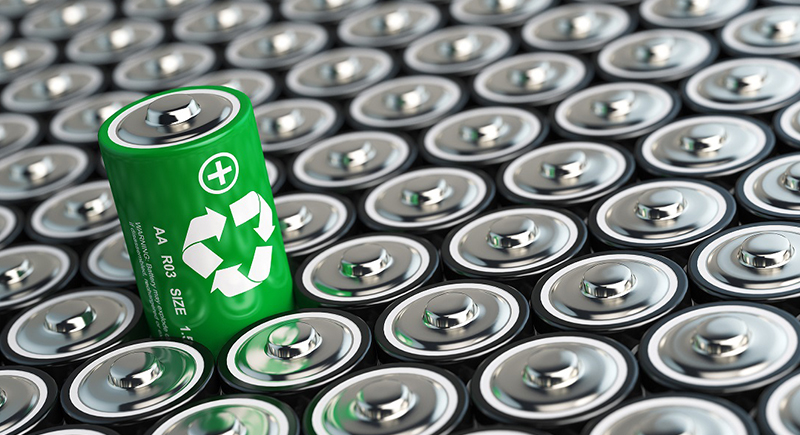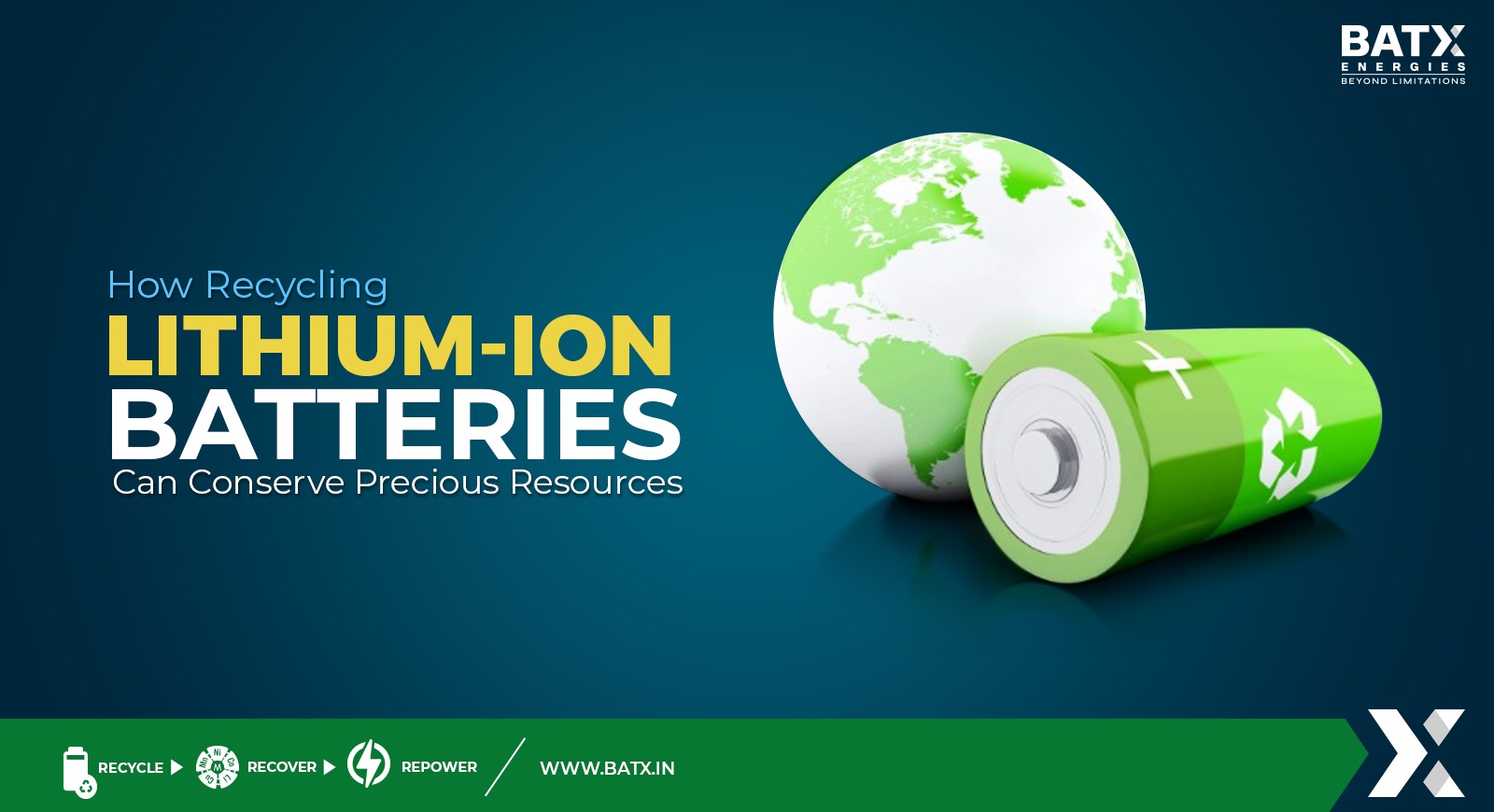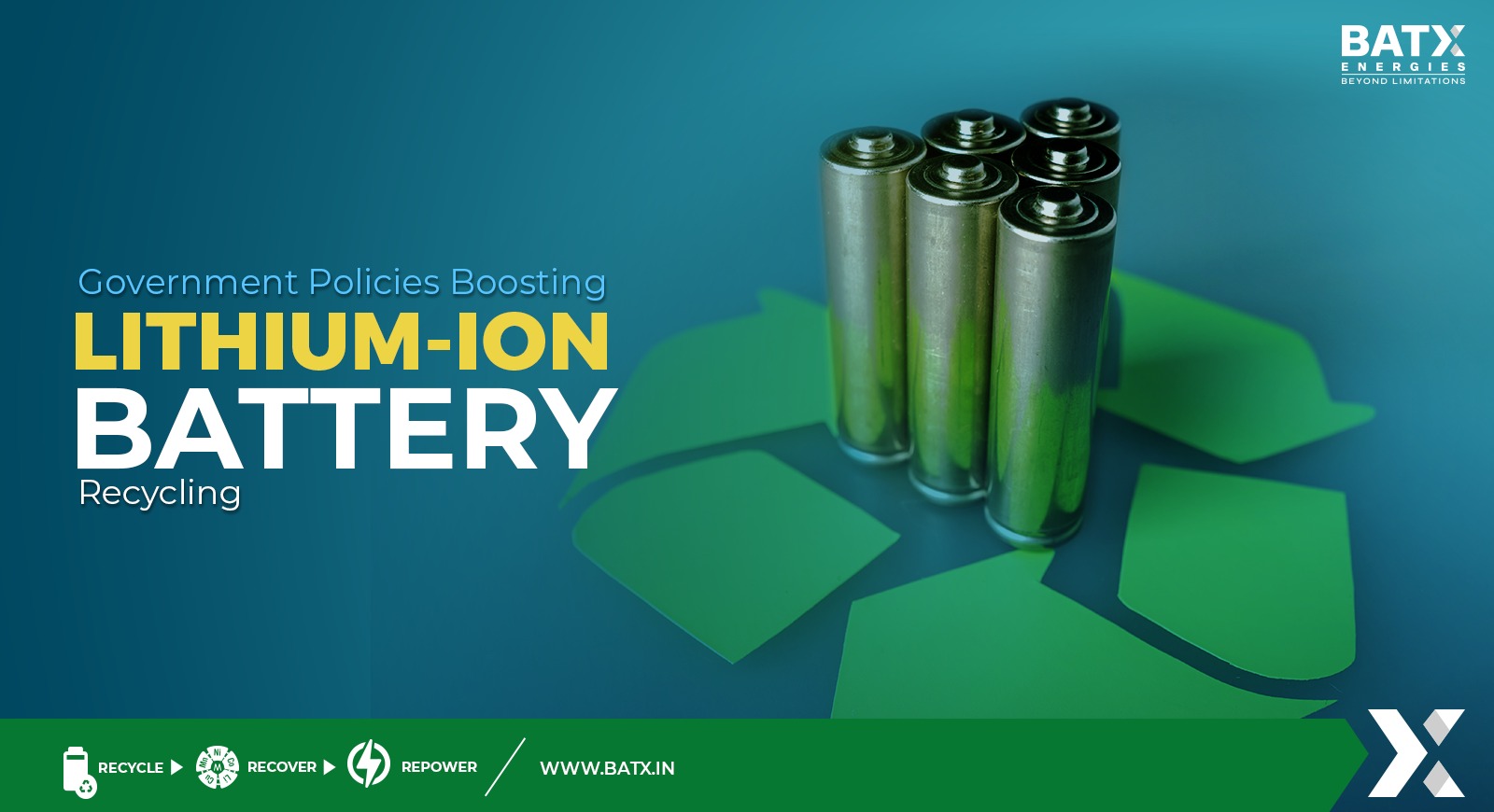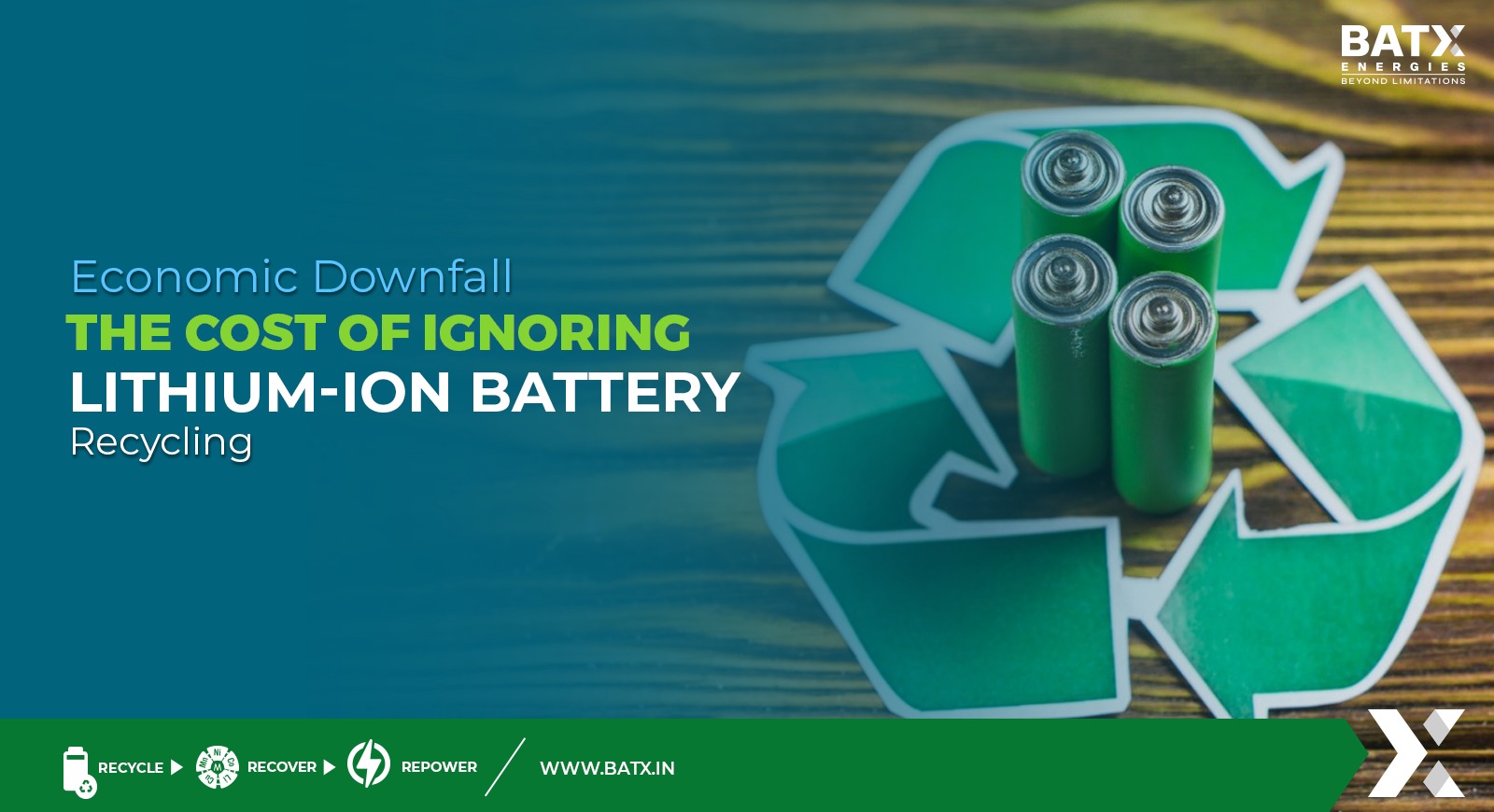The conversion of used lithium-ion batteries is required to achieve a sustainable future. The world is drowned in an electrification process to curtail fossil fuel usage. Lithium-ion demand is rapidly increasing with the accelerated acceptance of electric vehicles and grid-connected energy systems. Thus, it is predicted that huge volumes of used lithium-ion batteries will reach the end of life and require a process.
Amid this latest and complicated situation, lithium-ion batteries are picked as energy storage solutions for electric vehicles and electronic gadgets. This results in an increased demand for raw materials and the successful development of a sustainable recycling process to lower the effect on battery manufacturers.
The demand for equipment for lithium-ion batteries is currently in the region of 1,200,000 metric tonnes as of 2022 for Electric Vehicles alone. This number is expected to reach 7,500,000 metric tonnes of required materials by 2030.
Regarding the importance of recycling on the profitability and sustainability of the battery industry, various companies are capitalizing on new battery recycling technologies.
Here are some importance or benefits of recycling li-ion batteries based on different aspects.
Capture Embedded Value
The intrinsic value of lithium-cobalt-oxide batteries, used in most portable electronic devices, is relatively high, and recycling is profitable from developing cobalt and copper alone.
Conversely, managing, collecting, and tracking EV batteries will be simpler. Due to the lower amounts of cobalt utilized per kWh, the material value in an EV battery is lower. Manufacturers are working to reduce other cobalt and nickel content in the future.
To maximize value, multiple businesses are creating and commercializing various recycling techniques and their combinations to recover more material from Li-ion batteries.
Improve the Sustainability of Li-ion Batteries
Sustainable battery production is crucial as the growth of the electric vehicle and environmental concerns drive the stationary storage market.
Li-ion production’s environmental and ethical impacts are increasingly being highlighted. It raises the importance of considering the entire life cycle of Li-ion batteries.
Ensuring proper end-of-life management, for example, via recycling and using recycled material, can help reduce energy and material requirements throughout the manufacturing chain and increase the sustainability of Lithium-ion batteries.
Reduce the dependency
More than 50% of the cobalt used in Li-ion batteries is imported from other countries such as Congo. Lithium-ion battery recycling reduces reliance on these resources, boosts supply chain security, and lessens the negative effects of these batteries on people and the environment. In other words, increased recycling would reduce the need for virgin materials and harm the environment.
Minimize the Supply Chain Risk
There is a shortage of Rare Earth metals required to produce batteries. Taking this as a concern, we have no choice but to recycle used Lithium-ion cells, especially since almost all of these Earth Metals can be extracted from them. Recycling will reduce the supply chain risk by mitigating the dependency on other countries for raw materials.
Conclusion
Lithium-ion batteries can be the efficient shift to a renewable and sustainable low-carbon future. They empower many portable applications for storing energy and increase penetration of renewable energy technologies through energy storage. The demand for batteries and energy storage is increasing daily, and thus, there will be an increase in the quantity of lithium battery waste.
At BatX Energies Pvt. Ltd., we create a genuinely Circular Economy. We recycle end-of-life Lithium-ion batteries through our own ‘Net Zero Waste, Zero Emissions’ process and send them back into the supply chain instead of the landfill to Rare Earth metals such as Lithium, Cobalt, Nickel, and Manganese from used Lithium-ion cells.



